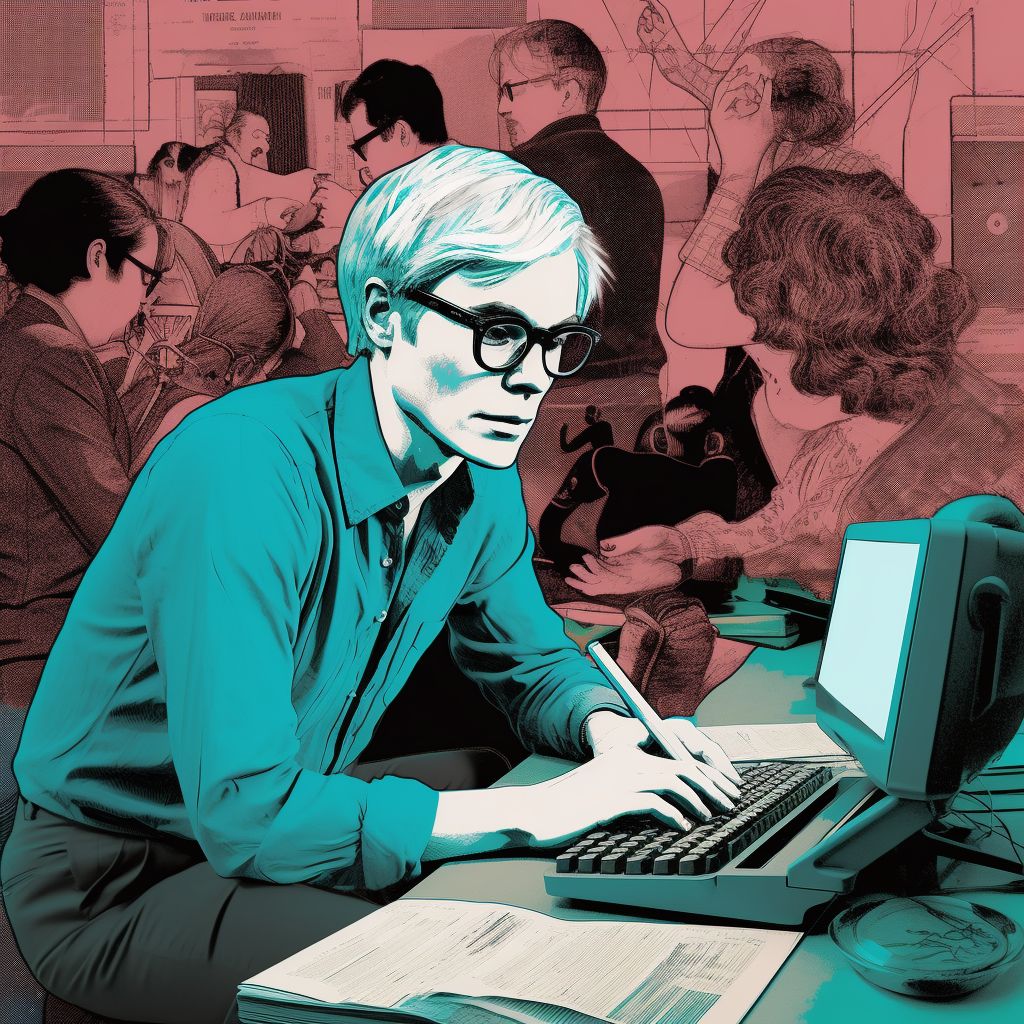The Unpredictability of Creativity
The inherent unpredictability of the creative process presents challenges for media companies seeking stable, growing cash flows. As such, most media businesses focus on strategies to de-risk creativity. These strategies often reduce the creative upside but significantly dampen the downsides, making it easier to provide a quality product consistently.
De-risking Strategies and AI
Various de-risking strategies include summarizing other people’s work, finding content arbitrage, creating formats, making content shorter and shallower, focusing on a specific beat, making sequels, or interviewing people. Interestingly, these strategies not only reduce the risk for humans but also make it easier for AI to automate content creation.
Examples of AI automating content creation can be found at Every, a media company that has built an app that auto-generates summaries of their articles using GPT-4. This automation may not be perfect yet, but it demonstrates the potential for AI to take over certain aspects of content creation.
Individual Writers and AI Leverage
With AI’s capabilities improving, individual writers will have more leverage to create media products on their own, allowing the cost structure of content creation to resemble that of software rather than traditional media. Utilizing AI tools like summarizers or transcription services can save time and resources, enabling writers to focus more on research, fact-gathering, and crafting longer, more engaging articles that are less susceptible to automation.
Implications for Writers and the Media Landscape
Writers who currently rely on de-risking strategies in their day jobs at larger companies should be aware of the potentially significant changes to job requirements. One option for adaptation is to learn how to use AI tools to gain leverage and create quality work, becoming proficient in extracting valuable summaries, interviews, or news updates from AI-generated content.
Unionized writers, particularly those in screenwriting in Hollywood, should also consider applying collective pressure to adapt compensation frameworks as technology evolves. AI’s impact on the media landscape stretches beyond de-risking content in existing formats, potentially leading to the creation of new content formats that were previously impossible.
The Future of AI in Content Creation
As AI continues to advance, its role in content creation will only grow, with both positive and negative implications. On the one hand, AI can provide writers with valuable tools to streamline their creative processes and focus on producing higher-quality content. On the other hand, the integration of AI may also challenge conventional job roles and compensation structures. Ultimately, the future of AI in content creation will depend on how well writers adapt to these new technologies and utilize them to enhance their work.

